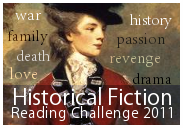“Dying” is a little extreme, but there are a lot of of writers I would love to meet.
- William Shakespeare: I have so many questions. First, I want to know what he thinks of the literary reputation he has. I would also love to put paid to all those anti-Stratfordian conspiracy theories once and for all (and no, don’t bother commenting on this post if you are one—I cannot be convinced). I would also like to know why he went to London and became an actor. I have a million questions!
- Jane Austen: I would love to have tea with her. I am really curious what she would make of her current literary status. I think she would be completely baffled—I actually had a lot of fun imagining just such a scenario. I would just love to sit and talk with her.
- J. K. Rowling: Her superstar status makes me more likely to meet Shakespeare in this lifetime. Well, at at any rate, her books are some of my favorites, and I would love to talk with her about the characters and find out all kinds of secrets of the HP World that never made their way into the books. I hope Pottermore will have a lot of that.
- F. Scott Fitzgerald: I want to ask him about his writing process. I have heard he was a dogged reviser. I know he helped Hemingway make [amazon_link id=”1907590250″ target=”_blank” ]The Sun Also Rises[/amazon_link] better through some astute editing. I would also like to ask him about all those folks in Paris and what it was like to write in Hollywood. I have so many questions about Gatsby, too.
- Oscar Wilde: I mean, he’s bound to be entertaining and hilarious, right? I would love to just chat with him. Though I liked his writing (what I’ve read, that is), I’m more interested in Wilde as a personality.
- Mark Twain: Ditto for Wilde, except I truly do love [amazon_link id=”B003VYBQPK” target=”_blank” ]Adventures of Huckleberry Finn[/amazon_link]. I would love to discuss what he thinks of the controversy surrounding that novel. I want to hear him go off on the new bowdlerized edition.
- J. R. R. Tolkien: I have a million questions about Middle Earth. I would love to hear all about how he constructed such a well-developed fantasy world. It seems like such a huge undertaking.
- The Brontë sisters: Yes, it’s cheating to combine them, but to be fair, I would probably have to meet all of them if I were to go visit Haworth, right? I’d love to chat with them about their writing, how they help each other and work together, and just their family story.
- Byron, Shelley, and Keats: I already met them for tea in a dream, so again, even though it’s cheating to include all three of them, I’d like to see if they’re at all like they were in my dream.
- Joseph Campbell: He has such an understanding of why we tell stories, and I would love to just listen to him talk about them. I especially want to pick his brain about Harry Potter. I have often said to students in my Hero with a Thousand Faces classes that it’s a pity Campbell died before those books were published because he would have loved them.

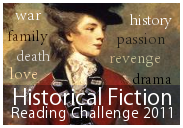




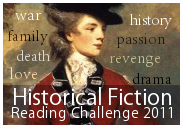








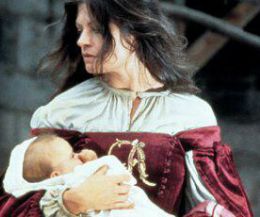

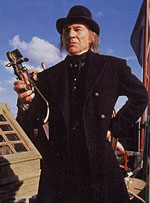

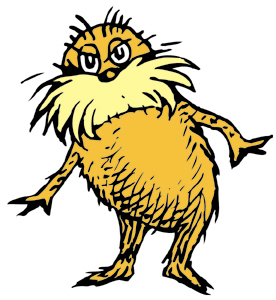
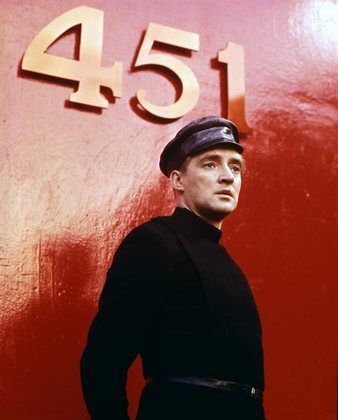
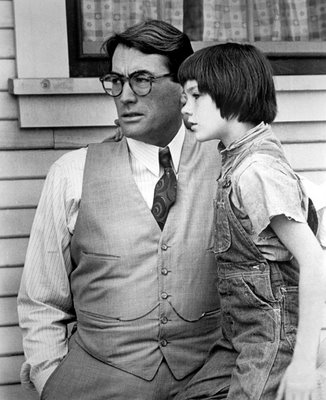
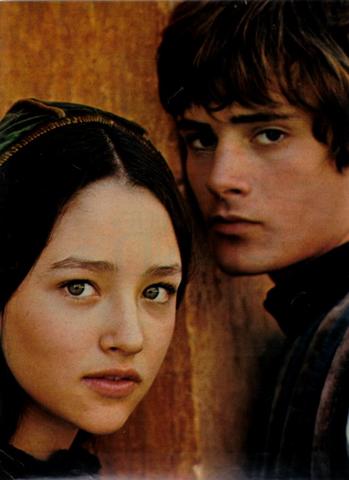 Juliet: She defies her family’s ancient feud with the Montagues by falling in love and marrying Montague’s son Romeo. Juliet even chooses her new husband over her own family after Romeo kills Tybalt. Rather than marry a man her family chooses for her, Juliet feigns her death. If only that messenger hadn’t been waylaid by the quarantine for the plague and Romeo had received Friar Lawrence’s message! When she awakes and discovers Romeo, believing she was truly dead, has committed suicide, she kills herself by stabbing a dagger into her own heart rather than continuing to live without her Romeo.
Juliet: She defies her family’s ancient feud with the Montagues by falling in love and marrying Montague’s son Romeo. Juliet even chooses her new husband over her own family after Romeo kills Tybalt. Rather than marry a man her family chooses for her, Juliet feigns her death. If only that messenger hadn’t been waylaid by the quarantine for the plague and Romeo had received Friar Lawrence’s message! When she awakes and discovers Romeo, believing she was truly dead, has committed suicide, she kills herself by stabbing a dagger into her own heart rather than continuing to live without her Romeo.